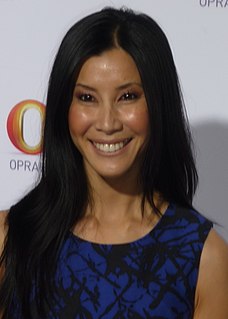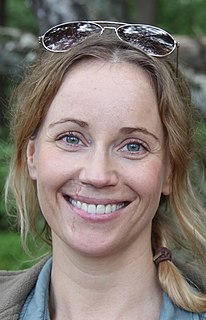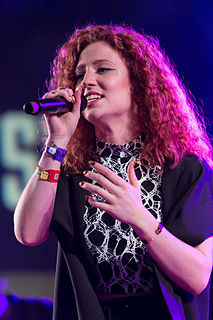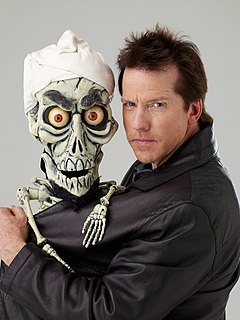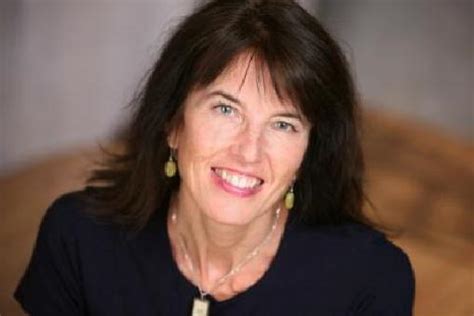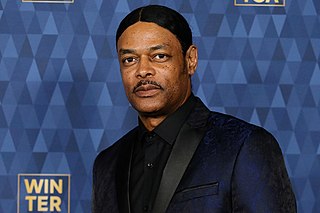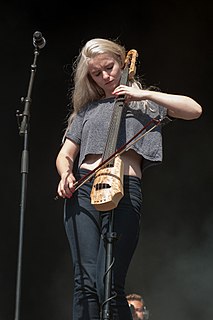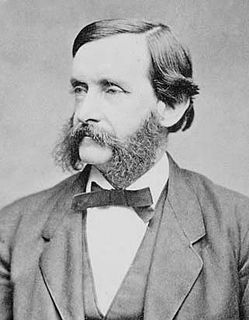A Quote by Lisa Ling
I honestly never had the biological need to reproduce until I met my husband. But by the same token, even if we were unsuccessful, we were totally okay with adopting.
Related Quotes
I wasn't that academic, but I always made sure I was earning money. I never wanted to put all my eggs in one basket. Even when I started doing music, my parents were like, 'You need to work; you can't just live off music.' I always knew that. So I worked until I knew I was going to be financially okay.
As ugly an admission as this is, I met my wife at a party, and if I had been to the same party and she were dressed in different clothes, I might never have talked to her. She might have projected something that I found distasteful, even if she otherwise looked exactly the same - a beautiful woman to me.
In refugee camps around the world, I met people who were gone. They were still walking around but had lost so much that they were unable to claim any sort of identity. Others I met found who they truly were, and they generally found it through service to others. They became teachers when there was no school, books or pencils.
